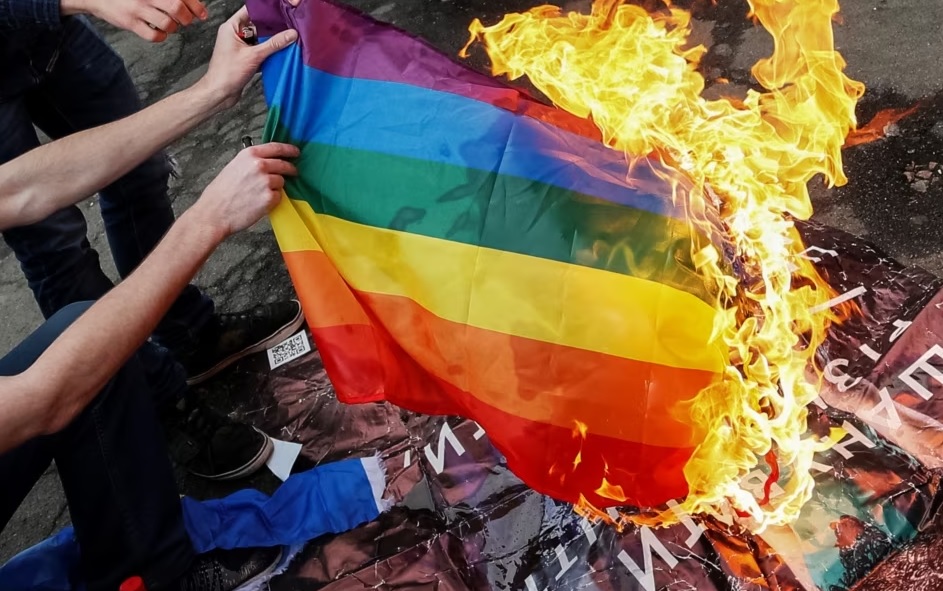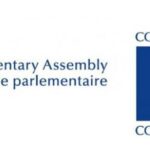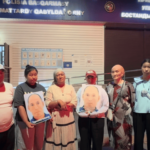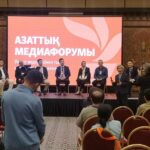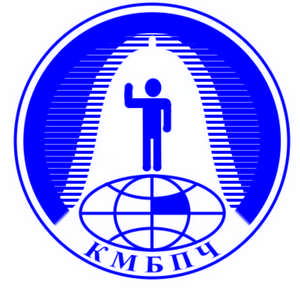Amid growing controversy, the Ministry of Culture and Information in Kazakhstan has partially endorsed a petition calling for restrictions on so-called ”LGBT propaganda,” a move that has sparked widespread criticism both domestically and internationally. This decision, which follows a petition gathering 50,000 signatures, marks a troubling shift in Kazakhstan’s stance on LGBT rights.
Following a review and numerous roundtables, the Ministry of Culture and Information announced its partial support for the petition earlier this month. Officials stated that while the petition’s call for restrictions would be implemented to some extent, further research is needed to assess the potential impacts of ‘homosexual propaganda’ on society. This approach has been criticized for failing to address the flagrantly discriminatory nature of the petition.
The petition, published by the Parents’ Union on May 29th, seeks to ban overt and indirect forms of LGBT propaganda, which it defines vaguely. Critics argue that the petition not only threatens freedom of expression but also undermines Kazakhstan’s commitments under international human rights agreements, including the International Covenant on Civil and Political Rights (ICCPR), which Kazakhstan ratified in 2005.
The petition calls for the infringement of citizens’ rights to speak openly about homosexuality, access resources pertaining to homosexual identity, and participate in society. Notable international organizations, including the United Nations, have criticized the petition, their experts stating that “the petition itself is based on prejudice, and any legislation resulting from it inevitably and unlawfully tramples on human rights.”
The Parents’ Union, which authored the petition, states that their “demands do not harm the rights of homosexuals in any way,” emphasizing their goal of “protecting the rights of minors.” Anti-LGBT groups in Russia packaged their message in the same way in 2014, softening their discriminatory rhetoric with misleading appeals to “protect the kids.”
Such tactics open the door to more aggressive policies against homosexual people, allowing for the steady corrosion of their civil liberties and ostracization in society. In 2022, restrictions on LGBT in Russia were further tightened, as they were identified as an “extremist organization.” This steep decline in perception and rights was abetted by scores of similarly “concerned” parents, who weaponized their children to attack a high-profile marginalized minority group—and succeeded, enshrining their hatred of neighbors and colleagues into law.
The Parents’ Union does not serve on the children’s vanguard. If they did seek to protect children, they would have supported the criminalization of domestic violence in April. They would have praised the establishment of tougher punishments for violence against children.
Instead of promoting major leaps in family protections, The Parents’ Union fanned malicious claims about the new legislation across Kazakhstan, insisting that the bill would separate children from their families. The organization, whose ranks include outspoken anti-vaccination conspiracists, is fueled by ignorance and fear. The Parents’ Union has tens of thousands of followers in Kazakhstan and close ties with similar conspiracy organizations in Russia. There have been repeated reports that public sector workers were forced to sign this petition by their superiors associated with local authorities. As a result, it took only three days to collect the required number of signatures.
The Parents’ Union was not the only voice at the table in Astana. Over 200 interested individuals engaged in discussions on the issue, including ordinary citizens and representatives from the government. Many on both sides wore traditional Kazakh clothing during the proceedings, symbolizing that their view was compatible with ancestral values and national identity. Long before the petition appeared in February 2024, Kazakhstan had blocked Selftanu.kz, an educational website for LGBTQ+ teens that provides materials on the topics of health, relationships and acceptance of sexual orientation and gender identity. The site was blocked at the request of the Ministry of Education for “posting information harmful to the health, moral and spiritual development of children”. In addition, in a number of cities in Kazakhstan on March 8 this year (International Women’s Day), local authorities banned traditional marches or rallies so as not to “provoke discontent among the population.” Previously, several traditionalist groups were outraged that LGBTQ+ people were participating in rallies for women’s rights.
Notable grassroots rights campaigners in Kazakhstan also commented on the issue, addressing the petition’s intent to defy international law. Zhanar Sekerbayeva, co-director of the feminist activist group Feminita, argued that Kazakhstan had “pledged to respect human rights conventions” and should uphold them. Alisher Koshchagulov, Director of Nomad Rights, stated that such a law would violate “not just international standards” but also “rights from [the] constitution.” Organizations have initiated legal action against the Parents’ Union and their petition, as well as reached out for international support.
There were even those who were brave enough to share their personal stories. One speaker recalled how he was beaten and locked in offices by bullies, who targeted him for his homosexuality. He believes that the law would “only worsen the problem of bullying […] towards children who do not conform to traditional values.”
The treatment endured by transgender children was also a facet of the proceedings. A concerned mother who opposed the petition noted that “they are constantly bullied, so they can’t get an education, which means they can’t get a job.” As a result, a large percentage of the Kazakhstani transgender population is forced to engage in sex work due to abuse and exclusion from the whole of society. They are not able to pursue their dreams, get an education, or even be safe. She echoed a sentiment repeated by many other women during the proceedings: “As a mother, first of all, I want them to be alive and healthy.”
In countries where homosexuality is criminalized, there is no possibility of LGBT youth staying both alive and healthy. Sekerbayeva reflected that adopting the law would “increase the number of suicides among teenagers,” as well as the number of crimes committed on the basis of sexual orientation. Russia, which has criminalized LGBT people, is ranked number one for bullying and takes third place for teen suicide.
Russia’s 2014 law, which inspired Kyrgyzstan’s own “LGBT propaganda” legislation in 2023, has set a concerning precedent. Similar legislation has become increasingly common in Central Asia. Spectators view such policies as symptomatic of the backsliding of free speech and minority protections in the region, which is greatly influenced by the collapse of Russian civil society.
In recent years, Kazakhstan has weathered and ultimately overcome numerous attempts to limit the expression of LGBT identity. In 2014, inspired by the anti-LGBT movement in Russia, organizers petitioned lawmakers to also adopt a similar “LGBT propaganda” bill. However, Kazakhstan’s Constitutional Council shot down this legislation in 2015, declaring it “unconstitutional.”
Despite victories, deputies have continued to propose their own legislation. In April, deputies from the ruling Amanat party independently suggested the criminalization of propaganda on LGBT relationships. Specifically, they proposed to amend Article 174 of the Criminal Code, which pertains to the “incitement of social, national, tribal, racial, class or religious hatred” to incorporate the phrase “including through propaganda of non-traditional sexual relations.”
Article 174 is often utilized as a vague charge against any individual who violates conservative sensibilities. Just last month, authorities used the article to justify a pre-trial investigation after a popular Almaty dancer’s routine went viral. Incorporating a propaganda clause would swell the number of ordinary citizens investigated and detained, assisting authorities with easy convictions of unfavorable parties.
Other representatives from the Amanat party also proposed to ban media coverage of LGBT issues, claiming that such information is also a mechanism of propaganda. Had the legislation been passed, news agencies would be silenced, shrouding the status and wellbeing of LGBT individuals in Kazakhstan in further uncertainty.
There is no overemphasizing the crucial role Kazakhstan occupies as a “safer” space for sexual minorities in Central Asia. As Uzbekistan and Turkmenistan criminalize gay sex and public discussion of homosexuality is prohibited in Kyrgyzstan, many flock to Kazakhstan to escape persecution. Several LGBT-friendly organizations and venues persist, welcoming foreigners and locals while contributing to both domestic and international dialogue.
Depriving LGBT individuals of fundamental human rights in Kazakhstan will only further strain ties with valued partners and international organizations, as well as foment the continued decline in human rights and democracy all across the region. Advocates and international observers alike must remain vigilant to ensure that the rights of LGBT individuals are protected.
PHOTO: Illustrative photo


